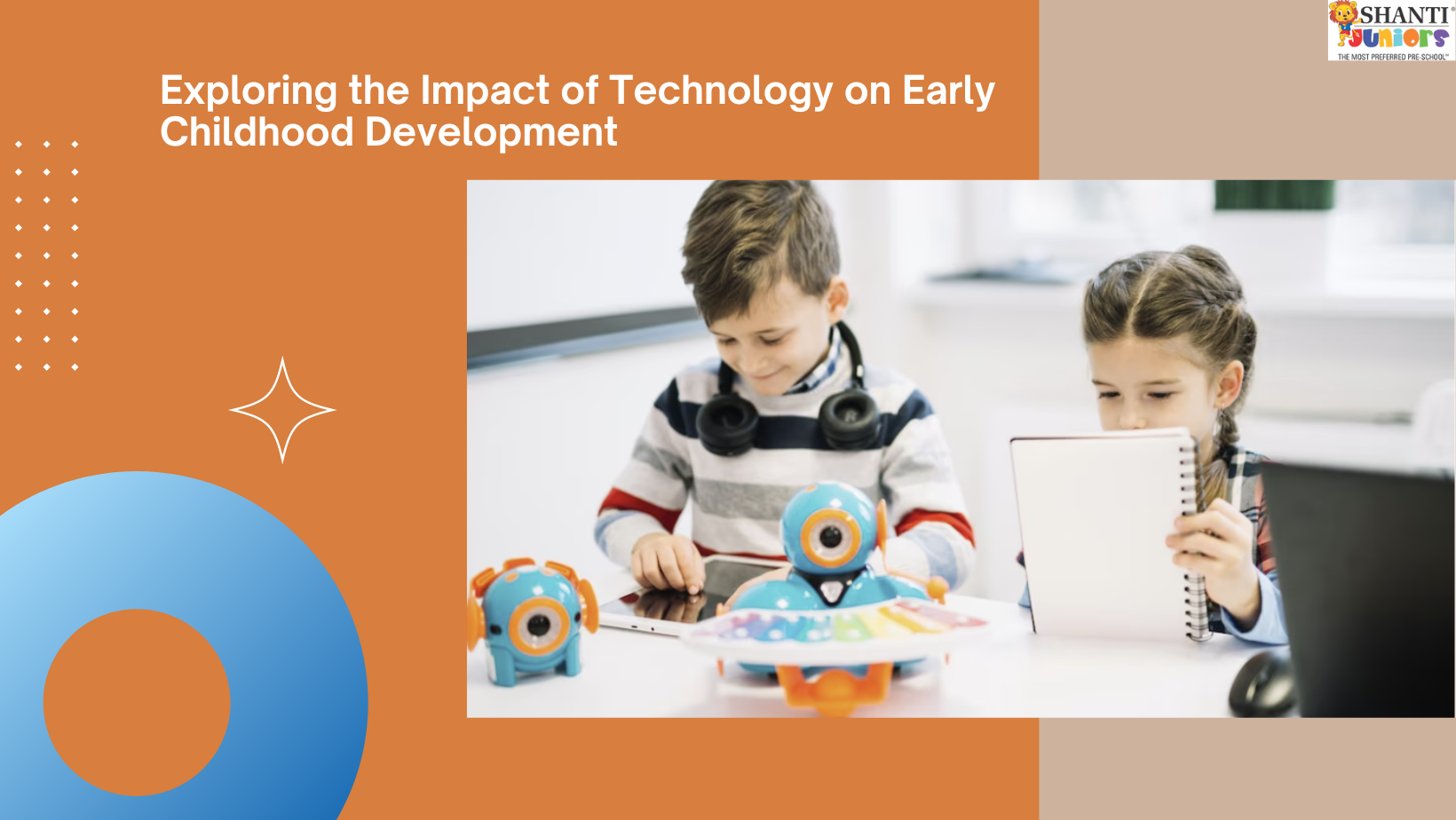

In an era where technology has become an integral part of our daily lives, it's no surprise that its influence is also extending to the youngest members of our society—children. The use of technology in early childhood has sparked both excitement and concern among parents, educators, and experts alike. In this blog post, we delve into the complex and evolving relationship between technology and early childhood development
The Digital Playground: Exploring the Impact of Technology on Early Childhood Development
In an era where technology has become an integral part of our daily lives, it's no surprise that its influence is also extending to the youngest members of our society—children. The use of technology in early childhood has sparked both excitement and concern among parents, educators, and experts alike. In this blog post, we delve into the complex and evolving relationship between technology and early childhood development.
The Digital Landscape of Early Childhood:
From educational apps to interactive toys, tablets to animated television shows, technology has made its way into the hands of young children. The digital landscape offers a myriad of opportunities for learning, engagement, and entertainment, but it also raises questions about its potential impact on various aspects of early childhood development.
Cognitive Development:
Technology can serve as a double-edged sword when it comes to cognitive development. On one hand, interactive games and apps can enhance problem-solving skills, memory, and critical thinking. These digital tools provide a dynamic and engaging learning environment, catering to various learning styles. On the other hand, excessive screen time might impede the development of important cognitive abilities, such as sustained attention and imaginative play. Striking a balance between screen time and other activities is crucial to ensure holistic cognitive growth.
Also Read: The Importance of School Uniforms: Fostering Equality, Discipline, and Focus
Language and Communication:
Early childhood is a critical period for language acquisition. Technology can aid language development through educational apps that focus on vocabulary building, reading skills, and language comprehension. However, the concern arises when passive screen time replaces meaningful human interaction. Conversations, storytelling, and face-to-face interactions play an irreplaceable role in fostering strong communication skills. Thus, integrating technology into a broader communication-rich environment is key.
Social and Emotional Growth:
Technology's impact on social and emotional development is a topic of intense debate. While virtual interactions can help children connect with peers and family members, they should not substitute for real-world relationships. Excessive exposure to screens, especially in isolation, might hinder the development of empathy, emotional regulation, and social skills. It's essential to encourage offline play, group activities, and emotional expression to support a well-rounded social and emotional foundation.
Physical Development:
The sedentary nature of screen time raises concerns about its effect on physical development. Active video games and motion-based apps can promote physical activity to some extent, but they should complement, not replace, traditional outdoor play and movement. Balancing tech-based engagement with physical playtime is crucial for fostering healthy motor skills and overall physical development.
Parental Guidance and Moderation:
The role of parents and caregivers in managing technology exposure cannot be overstated. Setting healthy boundaries, curating age-appropriate content, and engaging in co-viewing or co-playing experiences create a positive framework for tech usage. Open communication about the benefits and limitations of technology fosters awareness among children and helps them become responsible digital citizens from an early age.
The Way Forward: Navigating the Digital Landscape Mindfully:
Technology is here to stay, and its integration into early childhood is inevitable. Rather than shunning it altogether, the focus should be on mindful and purposeful use. Here are some key takeaways for parents, educators, and caregivers:
In conclusion, technology's impact on early childhood development is nuanced. When harnessed mindfully, it can be a powerful tool for learning and engagement. However, it must be supplemented with real-world experiences and human interactions. Striking a harmonious balance between the digital and physical worlds is the key to nurturing well-rounded, healthy, and developmentally sound young minds.
Also Read: Life Skills That Every Parent Should Teach Their Child